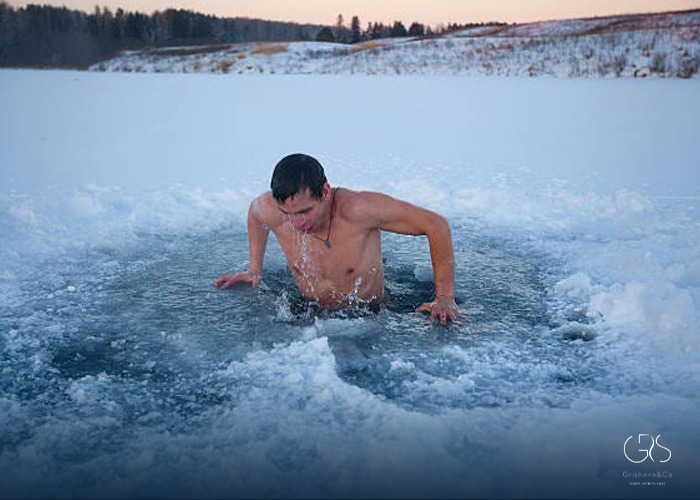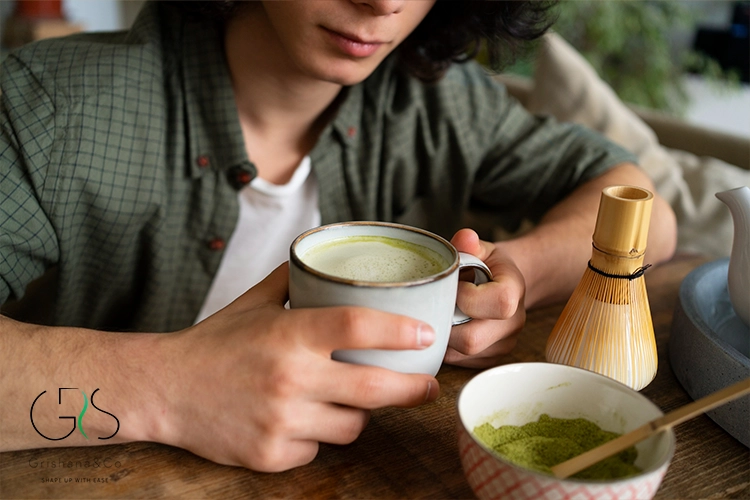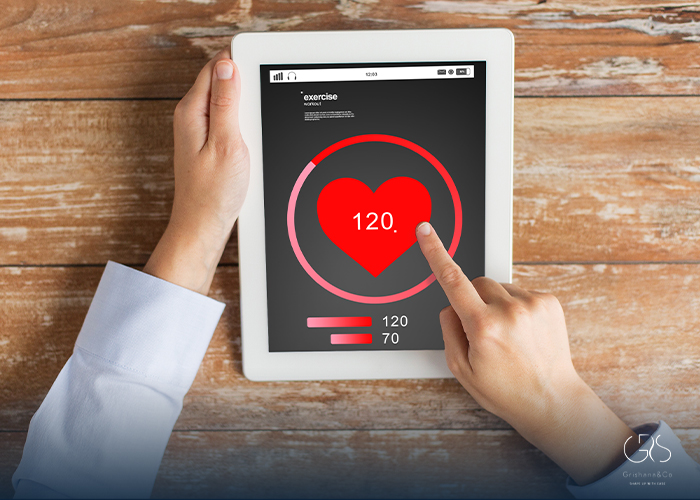Cold plunging, also known as cold water immersion, involves submerging the body in ice-cold water for a short period of time. This practice has gained popularity due to its potential health benefits and claims of improving overall well-being. In this article, we will explore the benefits of cold plunging, examine its effectiveness, discuss potential risks and side effects, and provide guidelines on how to do a cold plunge.
Benefits of Cold Plunging:
- Enhanced Muscle Recovery: Cold plunging is believed to reduce inflammation and promote muscle recovery after intense physical activity or exercise. By constricting blood vessels, it may help flush out lactic acid and other metabolic waste products from the muscles.
- Improved Circulation: The exposure to cold water during a plunge can temporarily increase blood flow and improve circulation in the body. This can benefit individuals with circulatory disorders and contribute to overall cardiovascular health.
- Boosted Immune Function: Cold exposure, such as cold plunging, may activate the body’s immune response, potentially leading to improved immune function. It is thought to stimulate the production of white blood cells, which play a crucial role in fighting infections and diseases.
- Mental Well-being: Cold plunging has been associated with mental health benefits, including improved mood and reduced symptoms of depression and anxiety. The shock of cold water is believed to release endorphins, which can positively impact mental well-being.
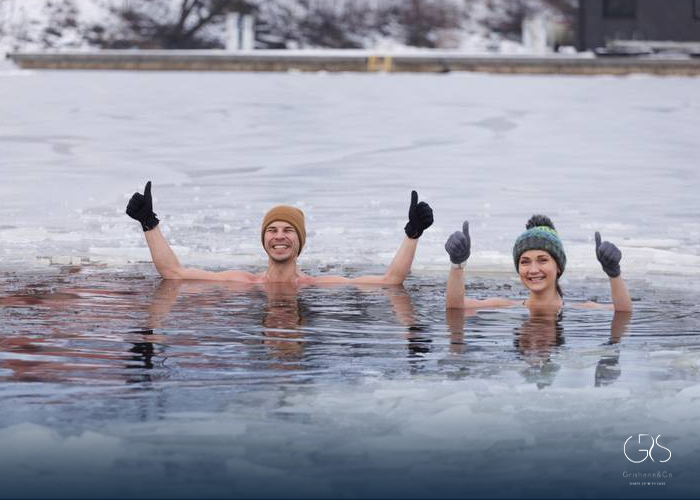
Does Cold Plunging Work?
While many enthusiasts attest to its benefits, the scientific evidence supporting the effectiveness of cold plunging is limited. Some studies have shown positive effects on muscle recovery, circulation, and immune function, but more research is needed to establish definitive conclusions. It is important to consider the potential placebo effect and the body’s natural response to stress when evaluating the reported benefits of cold plunges.
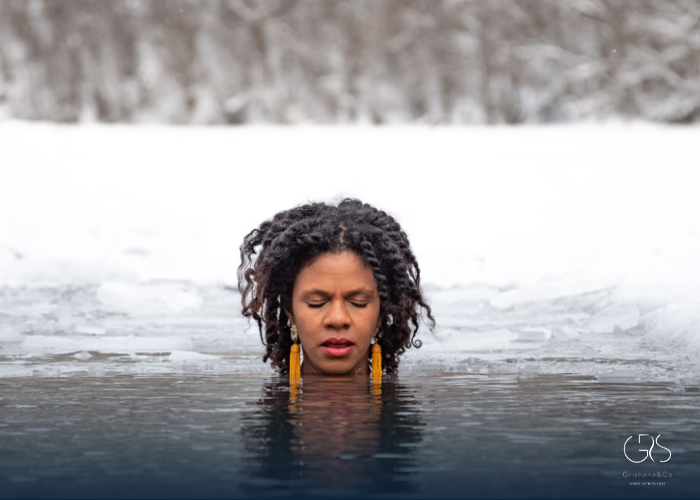
Risks and Side Effects of Cold Plunging:
- Cold Shock and Hypothermia: Cold water immersion carries the risk of cold shock response, which can lead to gasping for breath, rapid breathing, increased heart rate, and even hyperventilation. Prolonged exposure to cold water without proper precautions may also lead to hypothermia, a potentially dangerous condition that occurs when the body loses heat faster than it can produce it.
- Cardiovascular Risks: Individuals with heart conditions, low blood pressure, or respiratory issues should exercise caution before attempting cold plunges. The sudden cold exposure can place additional strain on the cardiovascular system, potentially triggering adverse reactions7.
- Individual Variability: The effects and tolerability of cold plunging can vary greatly among individuals. Factors such as overall health, tolerance to cold, and duration of exposure should be taken into account.
How to Do a Cold Plunge:
If you decide to try cold plunging, it is important to follow certain guidelines to minimize risks and ensure a safe experience:
- Gradually acclimate your body to cold water by starting with shorter exposure times and gradually increasing them over time.
- Choose a safe and controlled environment for your cold plunge, such as a cold-water pool or a cold shower.
- Monitor your body’s response during the plunge and listen to any signals of discomfort or distress. If you experience extreme discomfort or adverse reactions, discontinue the practice.
- After the plunge, warm your body gradually using layers of clothing or a warm beverage to help restore normal body temperature.
Conclusion:
Cold plunging is a wellness practice that involves immersing the body in ice-cold water for short periods of time. While some studies suggest potential benefits, it is important to approach it with caution and consider the diverse perspectives surrounding its effectiveness. Understanding the potential risks and following appropriate guidelines can help ensure a safe cold plunging experience.
Sources
- Healthline, What to Know About Cold Water Therapy
- MedicalNewsToday, Are there any health benefits to a cold shower?


